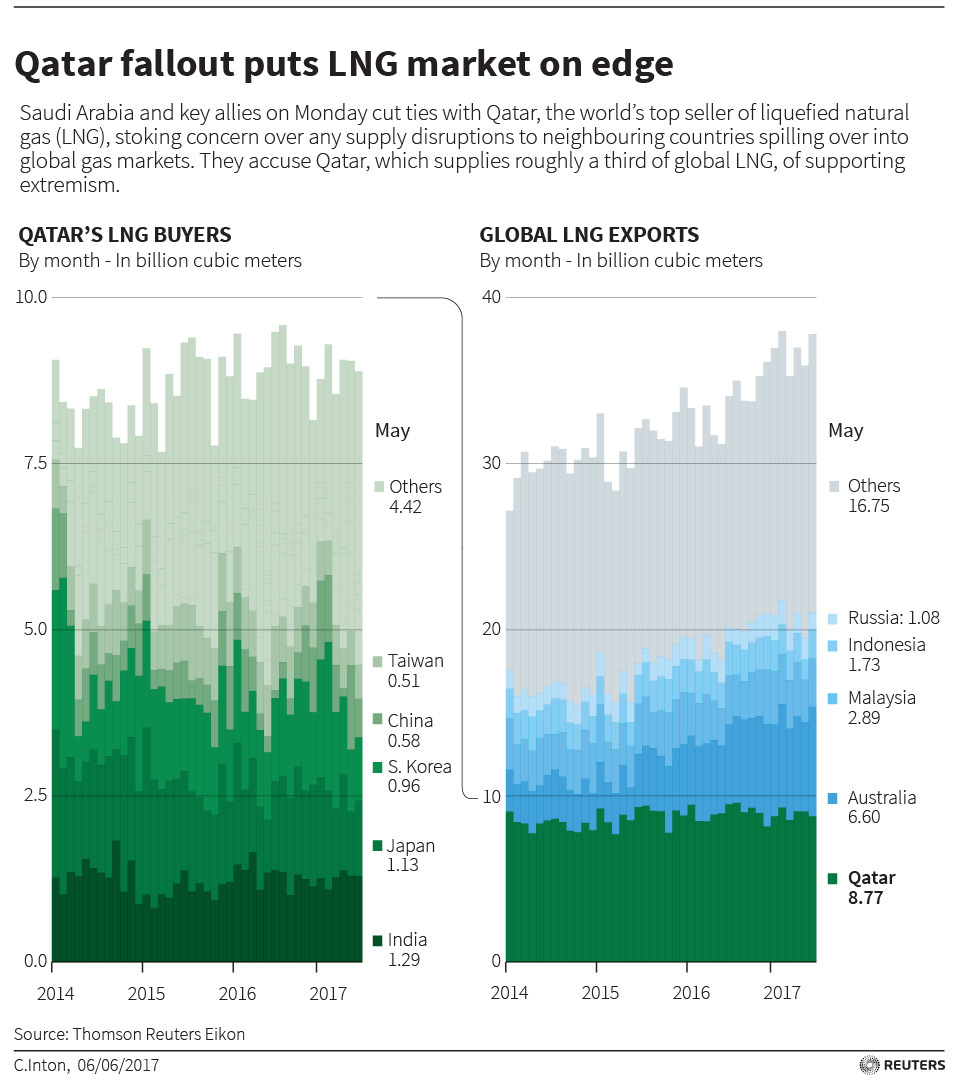
By Idrees Ali and Phil Stewart
WASHINGTON (Reuters) – A U.S. Navy warship sailed within 12 nautical miles of an artificial island built up by China in the South China Sea, U.S. officials said on Wednesday, the first such challenge to Beijing in the strategic waterway since U.S. President Donald Trump took office.
The officials, speaking on condition of anonymity, said the USS Dewey traveled close to the Mischief Reef in the Spratly Islands, among a string of islets, reefs and shoals over which China has territorial disputes with its neighbors.
China said its warships had warned the U.S. ship and it lodged “stern representations” with the United States. China said it remained resolutely opposed to so-called freedom of navigation operations.
The U.S. patrol, the first of its kind since October, marked the latest attempt to counter what Washington sees as Beijing’s efforts to limit freedom of navigation in the strategic waters, and comes as Trump is seeking China’s cooperation to rein in ally North Korea’s nuclear and missile programs.
Territorial waters are generally defined by U.N. convention as extending at most 12 nautical miles from a state’s coastline.
One U.S. official said it was the first operation near a land feature which was included in a ruling last year against China by an international arbitration court in The Hague. The court invalidated China’s claim to sovereignty over large swathes of the South China Sea.
The United States has criticized China’s construction of islands and build-up of military facilities in the sea, and is concerned they could be used to restrict free movement.
U.S. allies and partners in the region had grown anxious as the Trump administration held off on carrying out South China Sea operations during its first few months in office.
Last month, top U.S. commander in the Asia-Pacific region, Admiral Harry Harris, said the United States would likely carry out freedom of navigation operations in the South China Sea soon.
Still, the U.S. military has a long-standing position that the operations are carried out throughout the world, including in areas claimed by allies, and they are separate from political considerations.
“We operate in the Asia-Pacific region on a daily basis, including in the South China Sea. We operate in accordance with international law,” Pentagon spokesman Captain Jeff Davis said in a statement.
The Pentagon gave no details of the latest mission.
‘ERRANT WAYS’
Chinese defense ministry spokesman Ren Guoqiang told a monthly briefing two Chinese guided-missile warships had warned the U.S. vessel to leave the waters, and China had complained to the United States.
“The U.S. side’s errant ways have caused damage to the improving situation in the South China Sea, and are not conducive to peace and stability,” Ren said.
Ren was referring to a recent of easing of tension between China and other claimants, in particular the Philippines.
China’s extensive claims to the South China Sea, which sees about $5 trillion in ship-borne trade pass every year, are challenged by Brunei, Malaysia, the Philippines, and Vietnam, as well as Taiwan.
Chinese Foreign Ministry spokesman Lu Kang said such patrols were “very likely to cause unexpected sea and air accidents”.
Under the previous U.S. administration, the Navy conducted several such voyages through the South China Sea. The last operation was approved by then-President Barack Obama.
The latest U.S. patrol is likely to exacerbate U.S.-China tensions that had eased since Trump hosted Chinese President Xi Jinping for a summit in Florida resort last month.
Trump lambasted China during the 2016 presidential campaign, accusing it of stealing U.S. jobs with unfair trade policies, manipulating its currency and militarizing parts of the South China Sea.
In December, after winning office, he upended protocol by taking a call from the president of self-ruled Taiwan, which China regards as its own sacred territory.
But since meeting Xi, Trump has praised him for efforts to restrain North Korea, though it has persisted with ballistic missile tests.
U.S.-based South China Sea expert Greg Poling of the Center for Strategic and International Studies, said the operation was the first conducted by the United States close to an artificial feature built by China not entitled to a territorial sea under international law.
Previous freedom of navigation operations have gone within 12 nautical miles of Subi and Fiery Cross reefs, two other features in the Spratlys built up by China, but both of those features are entitled to a territorial sea.
Mischief Reef was not entitled to a territorial sea as it was underwater at high tide before it was built up by China and was not close enough to another feature entitled to such a territorial sea, said Poling.
He said the key question was whether the U.S. warship had engaged in a real challenge to the Chinese claims by turning on radar or launching a helicopter or boat – actions not permitted in a territorial sea under international law.
Otherwise, critics say, the operation would have resembled what is known as “innocent passage” and could have reinforced rather than challenged China’s claim to a territorial limit around the reef.
(Reporting by Idrees Ali and Phil Stewart in Washington, and Ben Blanchard and Christian Shepherd in Beijing; Additional reporting and writing by Matt Spetalnick and David Brunnstrom; Editing by Cynthia Osterman and Sandra Maler)














